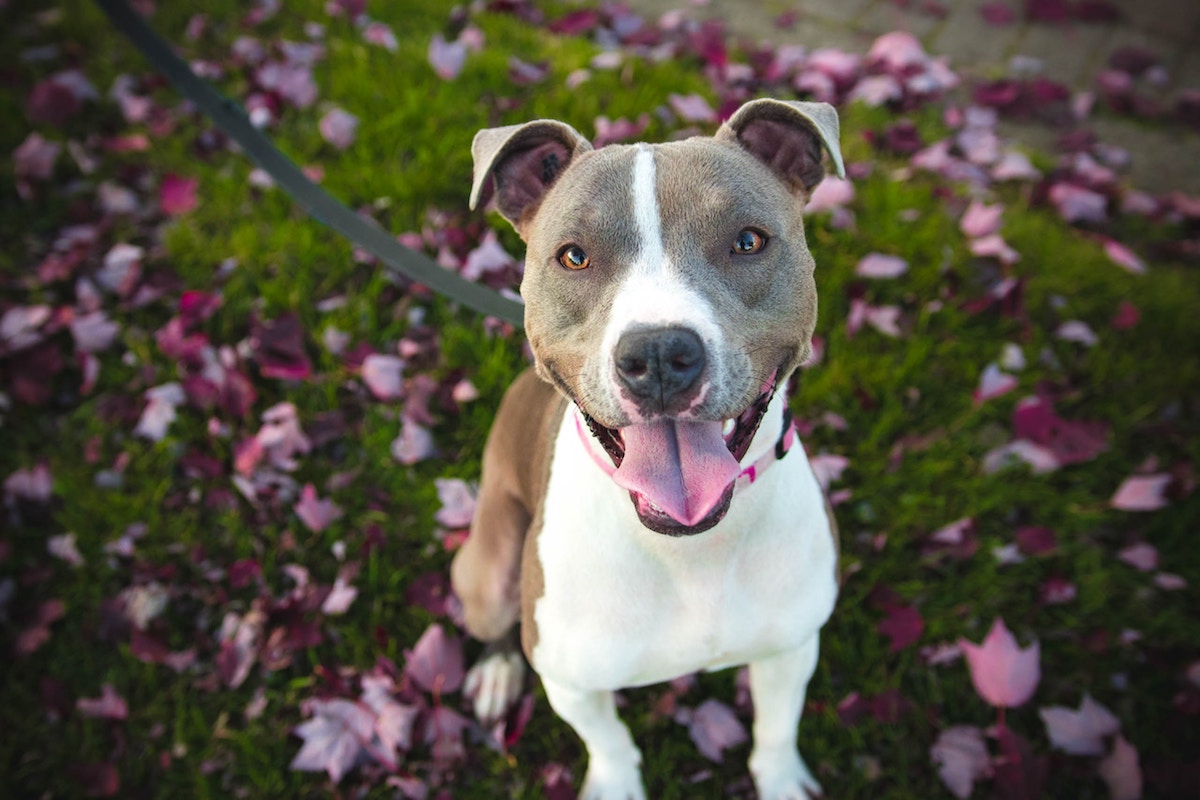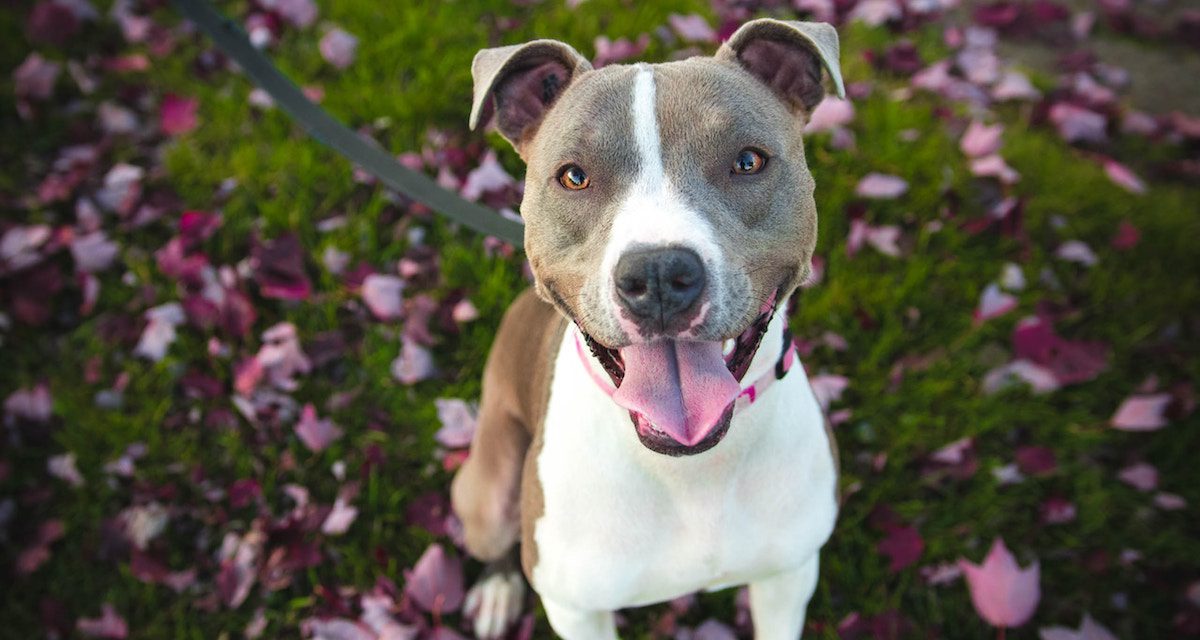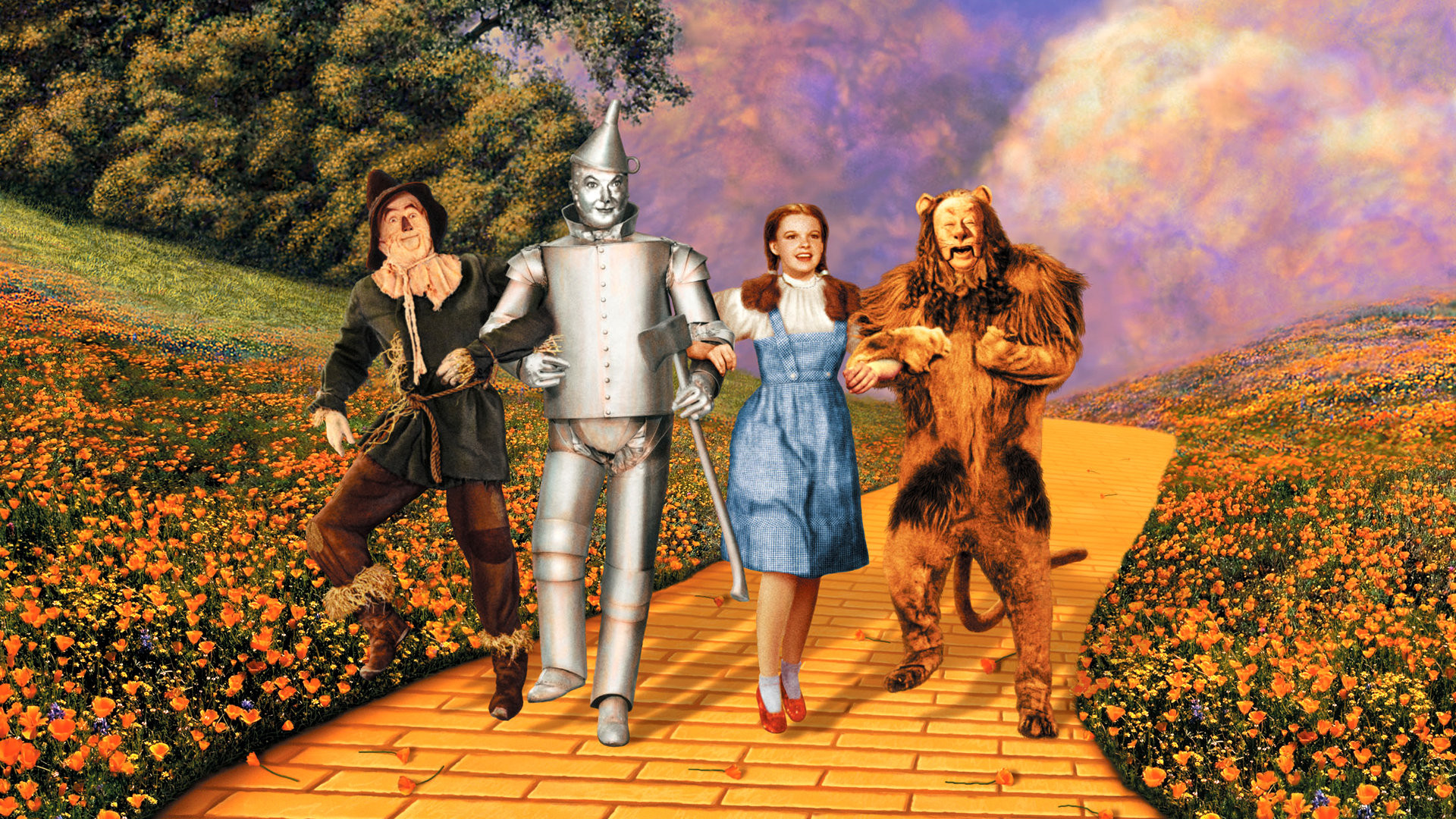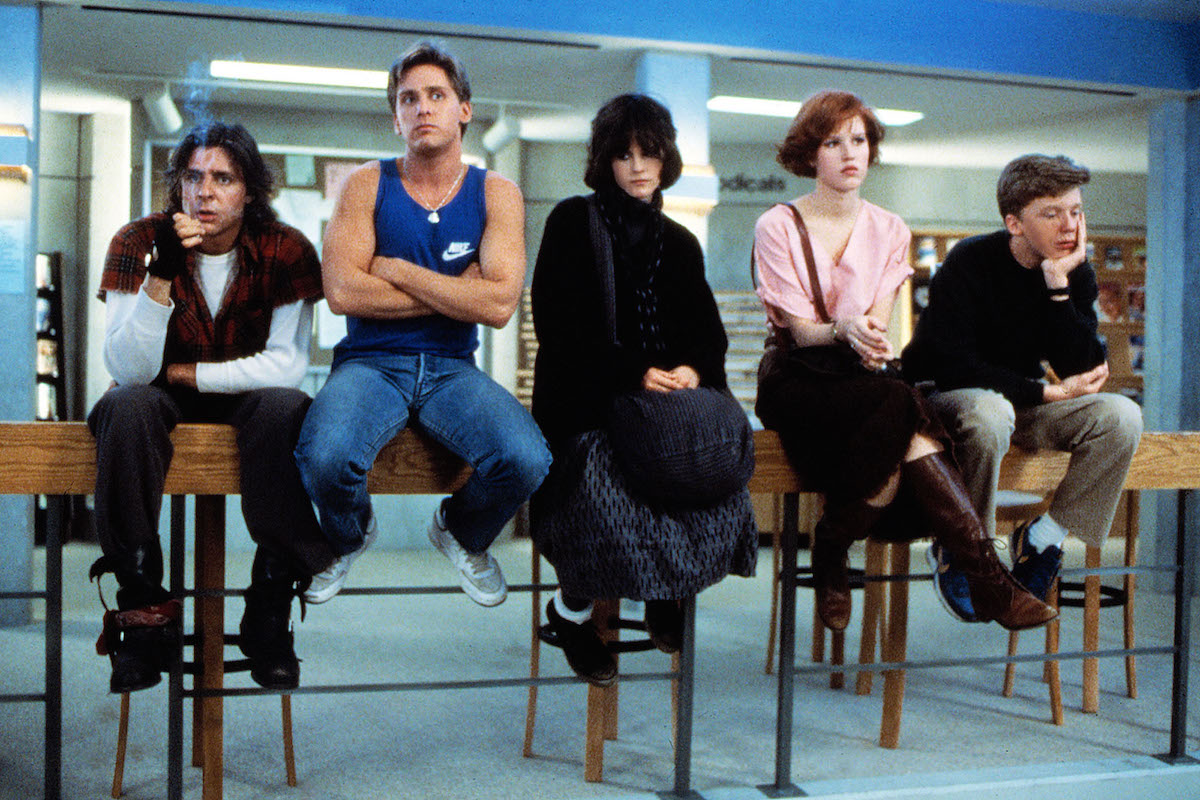Parvovirus can be dangerous for dogs who have not been protected. Ballymena vet Grove Vets shared information about how to protect your dog against the virus a few years ago but after cases have been reported recently in Co. Down we wanted to reiterate their advice. Some vets are recommending that dogs be kept inside unless they are vaccinated – read more below.
Protect your dog against Parvo Virus – Ballymena

Photo by Justin Veenema on Unsplash
The Parvovirus is a highly contagious virus which is easily prevented by ensuring that your dog is up to date in their vaccinations. Getting your dog vaccinated is a vital part of being a responsible dog owner. If you think that you might need to get your dogs vaccinations updated then make an appointment to bring them along to Grove Vets.
How does my dog get parvovirus?
Canine parvovirus is a hardy virus that persists for long periods of time (up to a year) in the environment.
Infection normally occurs following direct contact with an infected dog. However, large concentrations of the virus are found in an infected dog’s faeces, so if your dog sniffs an infected dog’s faeces, even if the bulk of the stool has been responsibly cleared up, he may become infected. The virus particles can be easily spread by hands, shoes and clothing.
If you suspect that you have come into contact with infected faeces, you will need to wash the affected area with household bleach. Soiled bedding should be discarded and all kennels, bowls, leads etc appropriately cleaned and sterilised.
Signs of parvovirus
Dogs typically show signs of anorexia, depression, and fever, progressing to vomiting and diarrhoea (often bloody) within 24–48 hours. Dogs with PVE quickly become dehydrated and weak. You may notice your dog’s gums become darker (dark pink/red) than normal and the heart rate is elevated.
PVE should be considered in unvaccinated dogs of any age showing these clinical signs but it is most commonly seen in puppies (6weeks-6months) or elderly dogs. In rare cases, dogs that are up to date with their vaccinations may develop PVE.
Treating parvovirus
Most dogs with parvovirus will require hospitalisation for intensive treatment and nursing care. Mortality rates without treatment are high.
Grove Vets believe that prevention is better than cure so it is vital that you make sure that your dog is up to date with vaccinations. Getting vaccinations at Grove Vets is a straight forward process. If you would like to know more then please contact Grove Vets, Grove Road, Ballymena on 028 25656023.






